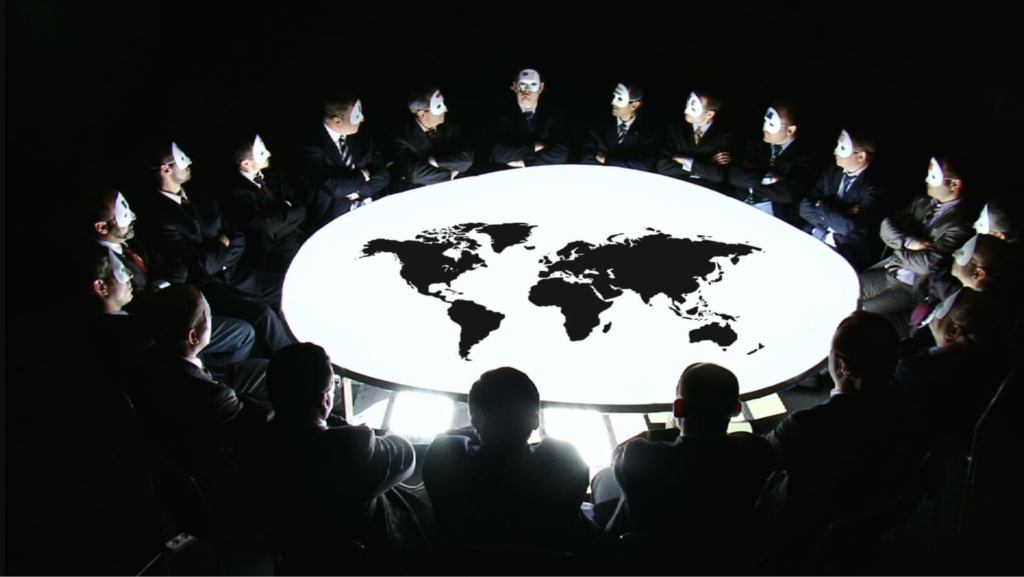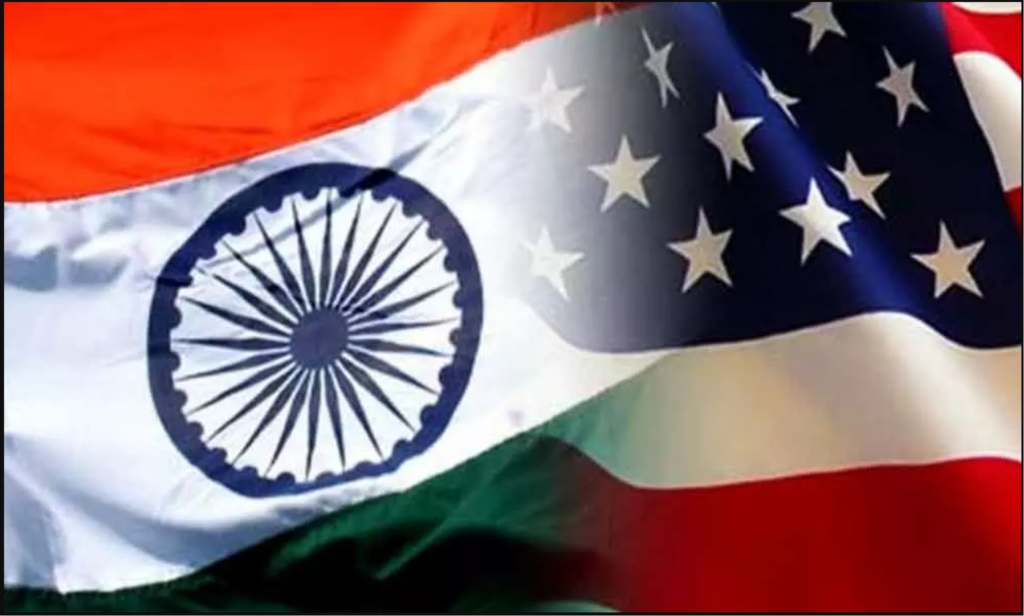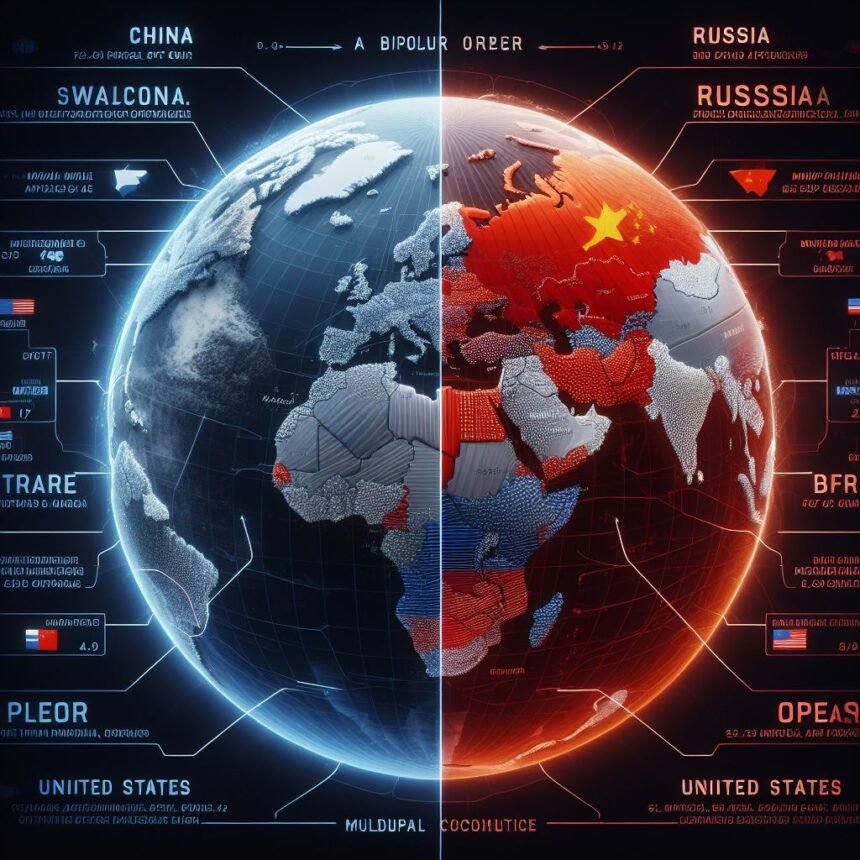The question of whether the emerging global order is Bipolarity, meaning that it is dominated by two superpowers, has been debated by scholars, policymakers, and observers for a long time. Some argue that the world is witnessing a return to bipolarity, with the United States and China as the two rival poles, while others contend that the world is more multipolar, with several other actors and factors influencing the global dynamics. In this article, we will examine the arguments and evidence for both sides, and try to assess the implications and challenges of the current and future global order.
The Case for Bipolarity: Global Order
Those who support the bipolar view point to the rise of China as the main challenger to the US-led liberal international order, and the intensification of the strategic competition and confrontation between the two countries. They argue that China has emerged as a comprehensive power, with impressive economic, military, technological, and diplomatic capabilities, and that it has ambitions to reshape the global rules and institutions in its favor. They also highlight the growing tensions and conflicts between the US and China over various issues, such as trade, human rights, cybersecurity, Taiwan, Hong Kong, the South China Sea, and the COVID-19 pandemic. They claim that the US and China are engaged in a new Cold War, and that their rivalry will define the 21st century world order.
The proponents of bipolarity also point to the increasing polarization and alignment of other countries and regions along the US-China axis, and the erosion of multilateralism and cooperation. They argue that the US and China are seeking to expand their spheres of influence and to form alliances and partnerships with like-minded countries, while undermining and isolating their adversaries. They also suggest that the US and China are creating parallel and competing systems and networks, such as the Belt and Road Initiative and the Quad, and that they are trying to decouple and delink their economies and societies from each other. They claim that the world is witnessing a bifurcation and fragmentation of the global order, and that the middle powers and smaller states will have to choose sides or face the consequences.
The Case for Multipolarity
Those who oppose the bipolar view point to the diversity and complexity of the global order, and the limitations and constraints of the US-China rivalry. They argue that the world is more multipolar, with several other actors and factors playing important and independent roles in shaping the global dynamics. They cite the examples of the European Union, Russia, India, Japan, Brazil, and others, who have their own interests and agendas, and who are not willing to be subordinated or aligned to either the US or China. They also emphasize the role of non-state actors, such as multinational corporations, civil society organizations, media outlets, and individuals, who have significant influence and impact on global issues, such as climate change, human rights, terrorism, and health .
Also read : India Refrains From Signing COP28 Health And Climate Declaration: Here’s Why

Bipolarity
The opponents of bipolarity also point to the interdependence and cooperation of the global order, and the resilience and adaptability of the US-China relationship. They argue that the world is more integrated and connected, and that the US and China have mutual benefits and common challenges, which require them to engage and collaborate with each other. They also highlight the areas and mechanisms of dialogue and negotiation between the US and China, such as the trade talks, the climate summit, the G20, and the UN. They suggest that the US and China are capable of managing and moderating their differences and disputes, and that they can coexist and coevolve in a complex and dynamic global order .
The Implications and Challenges
The debate on whether the emerging global order is bipolar or multipolar is not merely academic, but has practical and policy implications and challenges for the US, China, and the rest of the world. The way we perceive and understand the global order will shape our expectations and actions, and will affect the outcomes and consequences of our choices and behaviors. Therefore, it is important to have a realistic and nuanced view of the global order, and to avoid the pitfalls and risks of oversimplification and exaggeration.
One of the implications and challenges of the bipolar view is that it may create a self-fulfilling prophecy, and lead to a security dilemma and an arms race between the US and China. If the US and China see each other as existential threats and adversaries, they may adopt more aggressive and hostile policies and postures, and invest more resources and efforts in enhancing their military and strategic capabilities. This may in turn provoke and escalate the tensions and conflicts between the US and China, and increase the chances of a direct or indirect confrontation or even a war. This may also undermine the prospects and opportunities for cooperation and dialogue between the US and China, and damage the global peace and stability .

Bipolarity
Another implication and challenge of the bipolar view is that it may create a false dichotomy and a zero-sum game, and force other countries and regions to take sides or be marginalized. If the US and China seek to divide and dominate the world, they may pressure and coerce other countries and regions to align and comply with their interests and values, and to oppose and isolate their rivals. This may in turn reduce the autonomy and agency of other countries and regions, and limit their options and alternatives. This may also erode the trust and cooperation among other countries and regions, and weaken the multilateral institutions and norms that govern the global order .
One of the implications and challenges of the multipolar view is that it may create a more diverse and complex global order, and require more coordination and cooperation among the various actors and factors. If the world is more multipolar, with several other actors and factors playing important and independent roles, they may have different and sometimes conflicting interests and agendas, and they may have different and sometimes incompatible perspectives and approaches. This may in turn create more uncertainties and ambiguities in the global order, and demand more communication and consultation among the various actors and factors. This may also require more flexibility and adaptability in the global order, and necessitate more compromise and consensus among the various actors and factors .

Bipolarity
Another implication and challenge of the multipolar view is that it may create a more interdependent and cooperative global order, and require more responsibility and accountability from the US and China. If the world is more integrated and connected, and if the US and China have mutual benefits and common challenges, they may have to engage and collaborate with each other, and with other actors and factors, to address the global issues and problems. This may in turn create more opportunities and incentives for dialogue and negotiation between the US and China, and between other actors and factors. This may also require more leadership and stewardship from the US and China, and from other actors and factors, to uphold and advance the global order .
Conclusion
The question of whether the emerging global order is bipolar or multipolar is not easy to answer, as the global order is not static or fixed, but dynamic and evolving. The global order is influenced by various actors and factors, and is subject to various changes and challenges. The global order is also shaped by our perceptions and actions, and is affected by our expectations and behaviors. Therefore, it is important to have a realistic and nuanced view of the global order, and to avoid the pitfalls and risks of oversimplification and exaggeration. It is also important to have a constructive and positive view of the global order, and to seek the opportunities and benefits of cooperation and dialogue. It is also important to have a responsible and accountable view of the global order, and to contribute to the peace and stability of the global order.
Also read : COP28: What You Need To Know About The Upcoming UN Climate Summit In Dubai




































